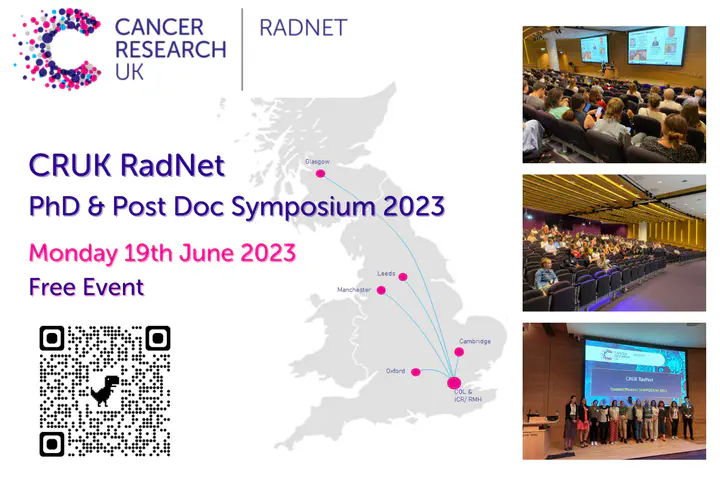
Abstract
Lung cancer is the leading cause of cancer mortality world-wide, and over half of lung cancer patients rely on radiotherapy (RT). Tailoring RT to patient biology is still challenging despite improved engineering and computing methods, which allow more precise RT targeting to patient anatomy. Combining RT with targeted drug therapies allows the personalisation of radiotherapy by radio-sensitising tumours. However, this route requires better mechanistic understanding of how radio-sensitisation is contingent upon the unique mutational background of each tumour. To gain a better mechanistic understanding and to predict the most effective radio-sensitising treatments combinations tailored to different non-small cell lung cancer (NSCLC) mutational backgrounds, we have built an executable network model of NSCLC signalling and used it to perform in silico CRISPR screens. This innovative computational approach predicts the effect of RT and drug combinations on tumour cells and healthy tissue with a transparent mechanistic explanation of the differences in response between genetic backgrounds.